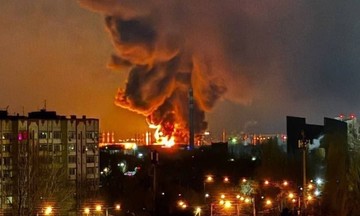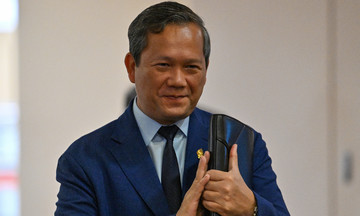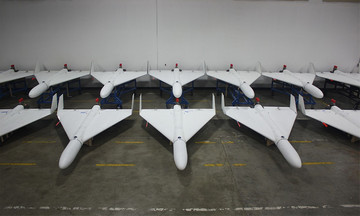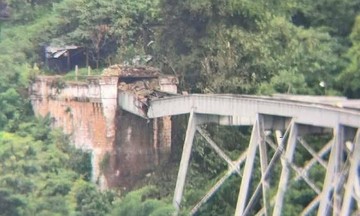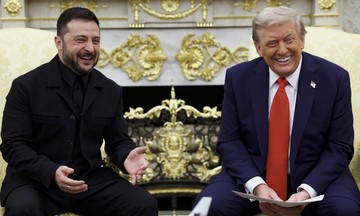The AFP news agency, citing a security source from the Houthi forces on 24/8, reported that the Israeli strike targeted a government building in central Sanaa.
Meanwhile, the Houthi-affiliated Al-Masirah television channel reported that the attack "targeted a petrol station on Al-Sittine street and a power plant south of the capital," which were also attacked last weekend.
The Israeli military confirmed the strike, stating that the targets in Sanaa included a military complex housing the presidential palace, two power plants, and a fuel depot.
The strikes were conducted "in response to the repeated Houthi attacks against the state of Israel and civilians, including the launching of surface-to-surface missiles and unmanned aerial vehicles (UAVs) into Israeli territory in recent days," the military said.
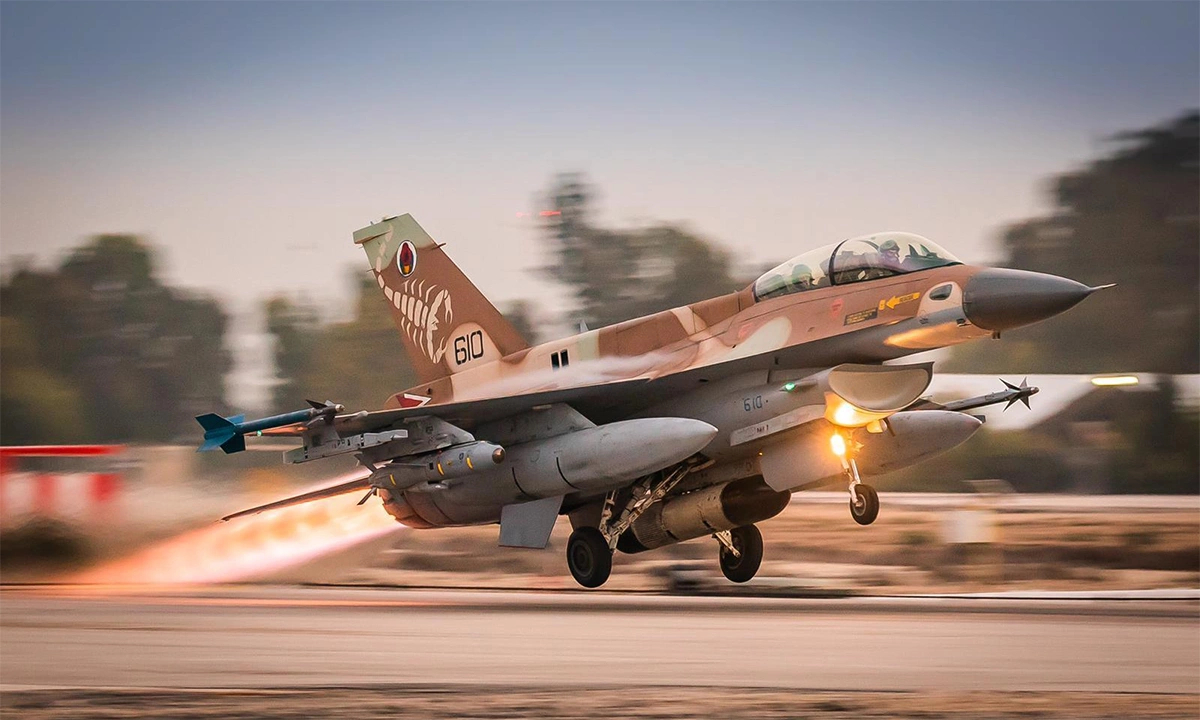 |
F-16 fighter jets take off from an Israeli airbase. Photo: IDF |
F-16 fighter jets take off from an Israeli airbase. Photo: IDF
Houthi forces in Yemen claimed responsibility for launching a ballistic missile towards Israel on 22/8. An Israeli Air Force official said the missile likely carried several small warheads "designed to detonate on impact."
"This is the first time such a missile has been launched from Yemen," the official added.
Since the Israel-Hamas conflict erupted in the Gaza Strip in 10/2023, Houthi forces have repeatedly launched missiles and UAVs towards Israel in a show of solidarity with Hamas.
While most Houthi attacks have been intercepted, they have prompted retaliatory airstrikes by Israel against Houthi targets in Yemen.
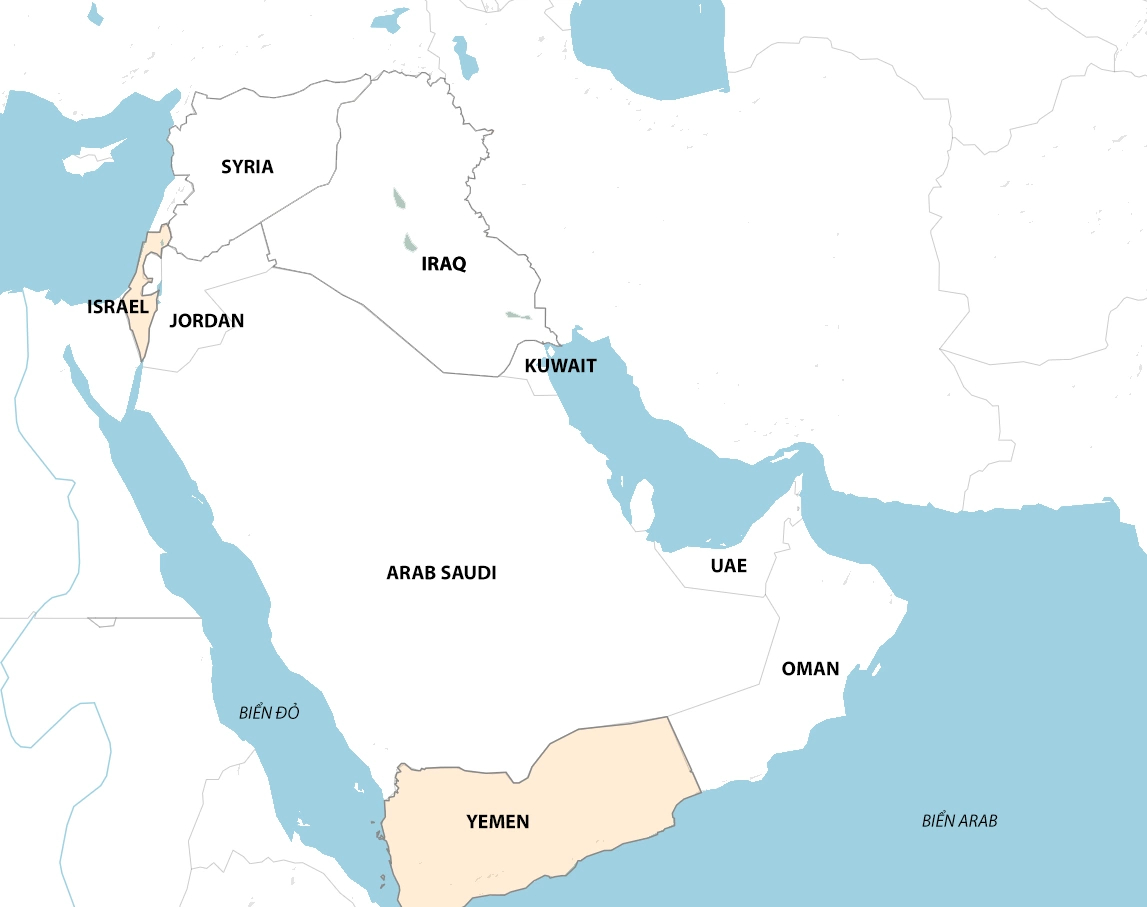 |
Location of Israel and Yemen. Graphic: Amwaj |
Location of Israel and Yemen. Graphic: Amwaj
On 17/8, Israel announced it had targeted an energy infrastructure facility in Sanaa linked to the Houthi forces. Al-Masirah reported at the time that the Houthi-controlled Haziz power plant in the capital had been hit.
Vu Hoang (AFP, Reuters, Times of Israel)



